The best nonfiction of 2018
The top five includes books about Frederick Douglass, libraries, and more
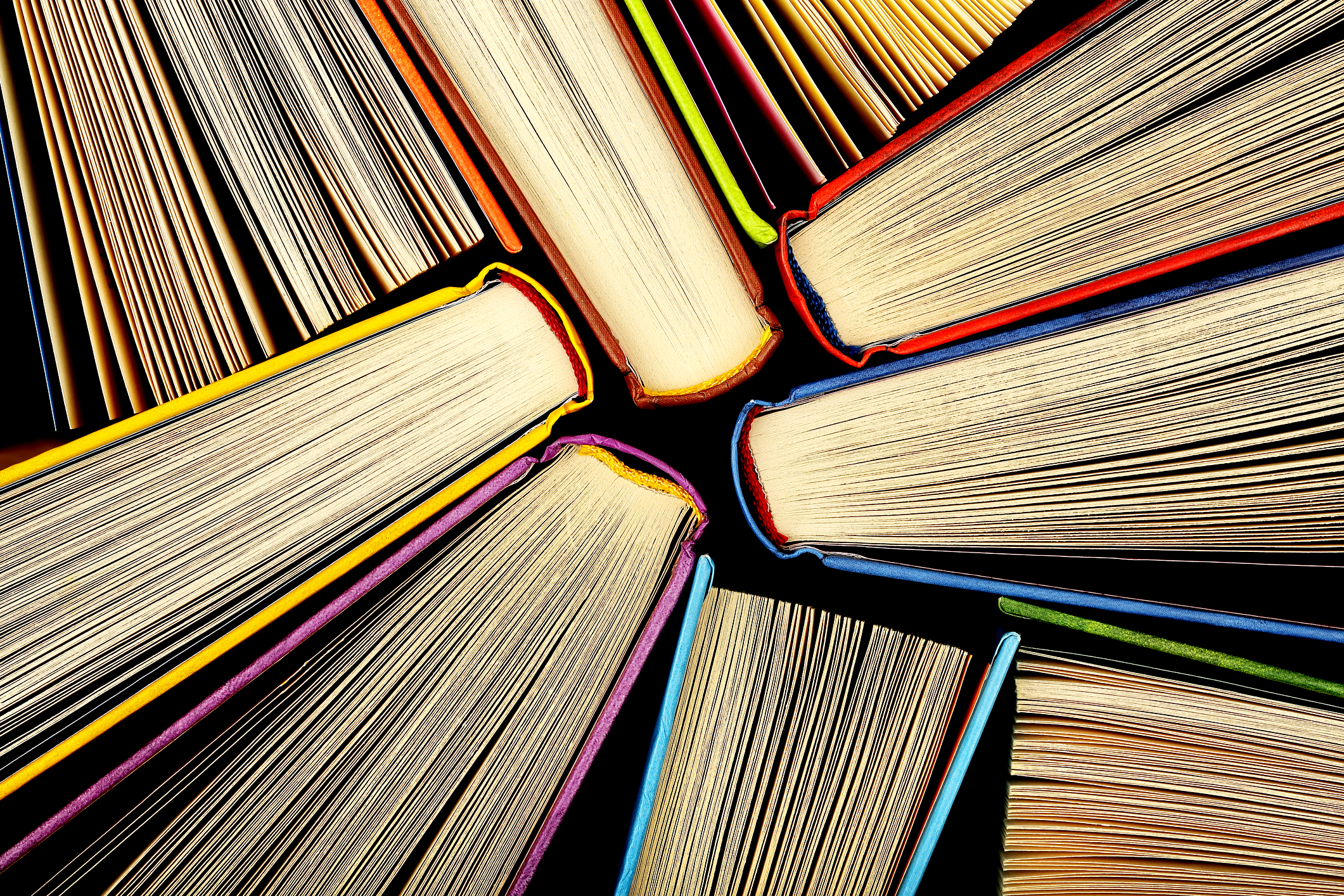
A free daily email with the biggest news stories of the day – and the best features from TheWeek.com
You are now subscribed
Your newsletter sign-up was successful
1. Frederick Douglass by David W. Blight (Simon & Schuster, $37.50)
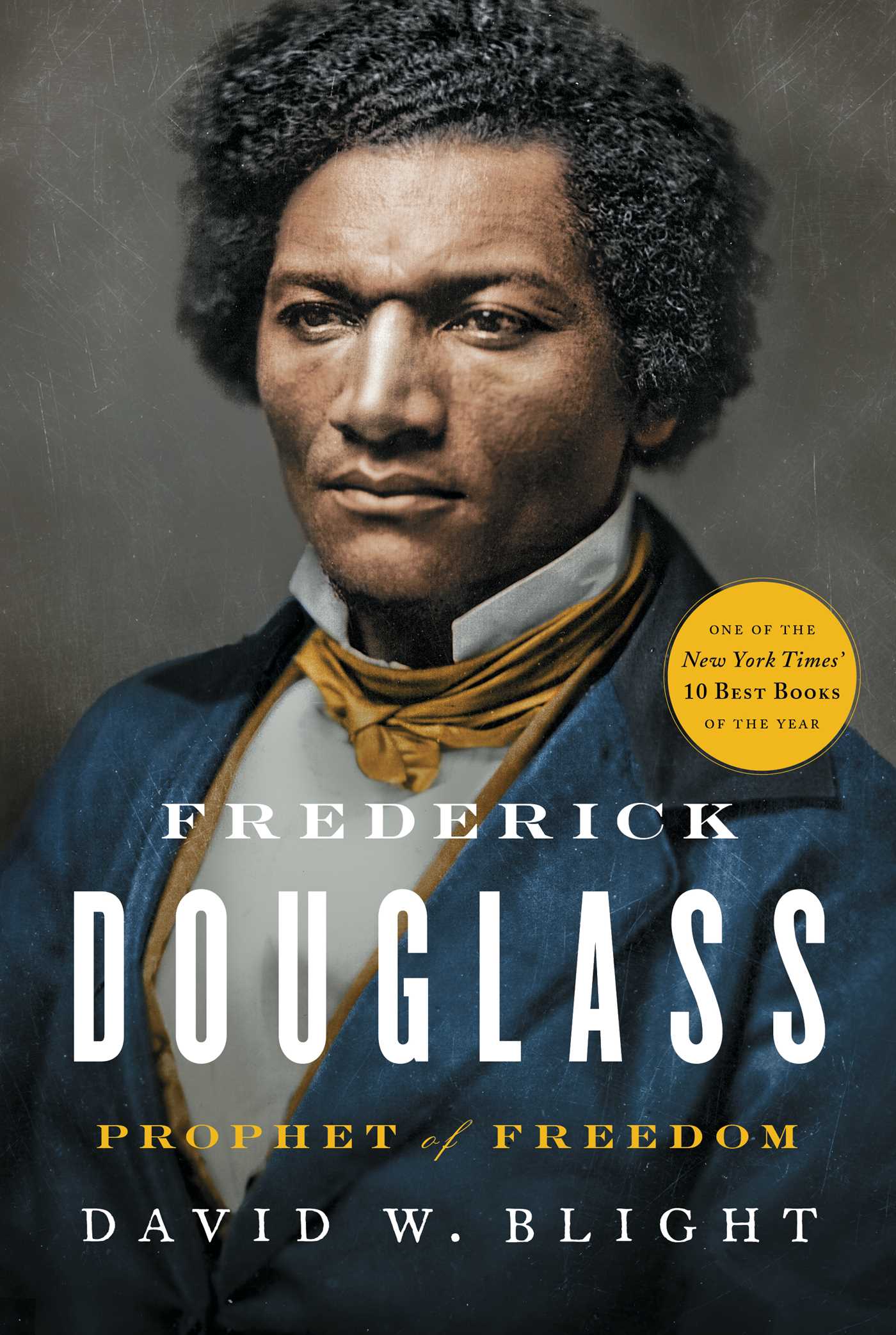
David Blight's masterful Frederick Douglass biography "returns the heartbeat to the story of a man too often known from plaques and speeches," said Christopher Borrelli at the Chicago Tribune. Douglass was second in fame only to Abraham Lincoln among 19th-century Americans, but never before has there been such a comprehensive account of his rise from slavery to abolitionist, orator, author, journalist, and enduring force in shaping the post–Civil War nation. Written with "biblical grandeur" and "the snap of great narrative," Blight's 900-page volume is "the definitive biography you assumed was already written," complete with sensitive accounts of close relationships Douglass developed with two women outside his four-decade-long first marriage. The book, unfortunately, also "seizes every opportunity" to enlist Douglass in supporting contemporary progressive causes, including Black Lives Matter, said Timothy Sandefur at National Review. But Blight has cultivated a lifelong interest in Douglass, and his passion and knowledge are evident "on almost every page," said John Stauffer at The Wall Street Journal. "Absorbing and even moving," this book "deserves full immersion."
2. Educated by Tara Westover (Random House, $28)
The Week
Escape your echo chamber. Get the facts behind the news, plus analysis from multiple perspectives.

Sign up for The Week's Free Newsletters
From our morning news briefing to a weekly Good News Newsletter, get the best of The Week delivered directly to your inbox.
From our morning news briefing to a weekly Good News Newsletter, get the best of The Week delivered directly to your inbox.
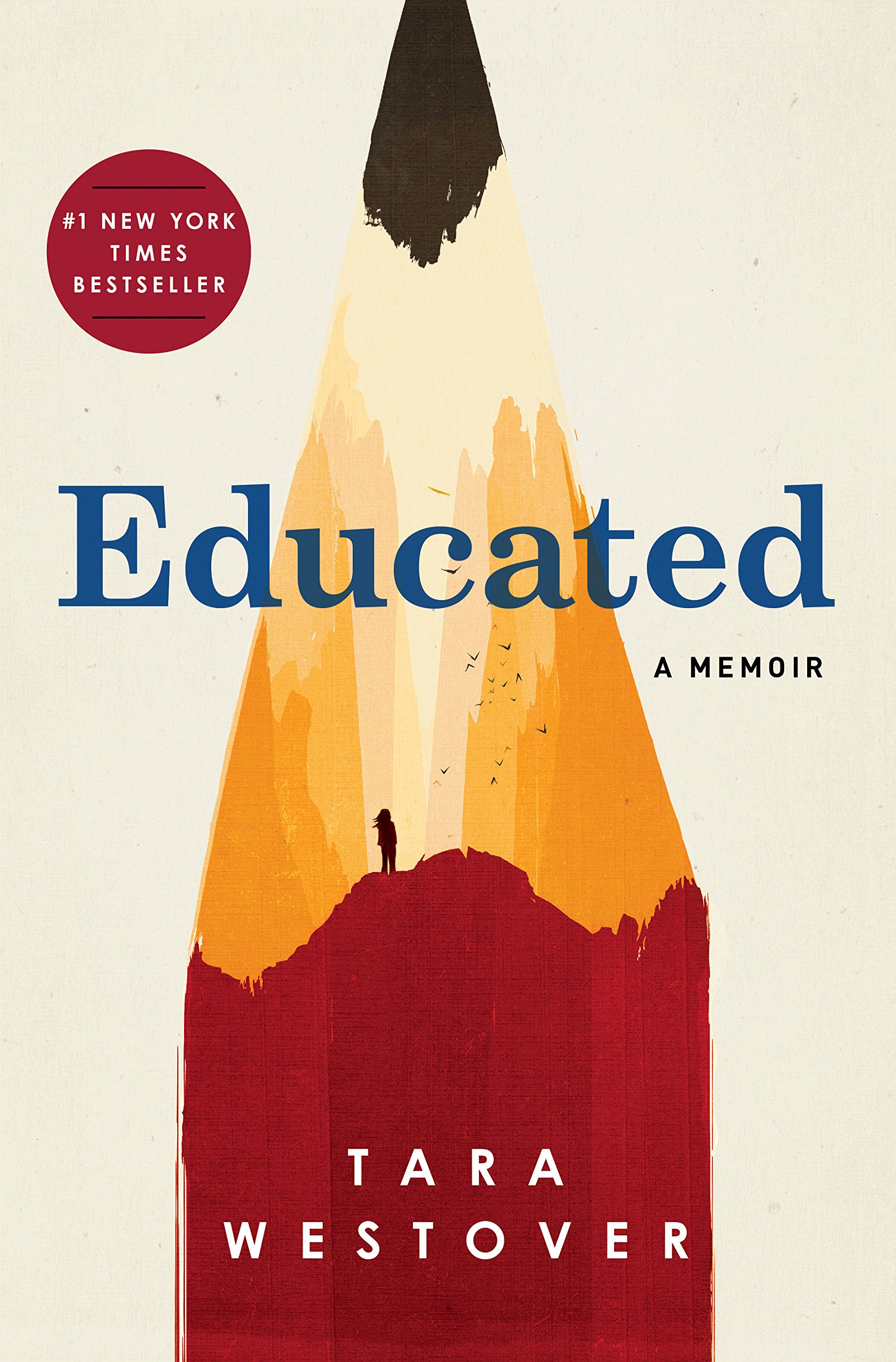
Tara Westover's memoir recounts a "most improbable" journey, said Dan Cryer at Newsday. Born and raised in Idaho by Mormon survivalists who refused to send their seven children to school, the author nevertheless taught herself enough to gain entry to Brigham Young University, then went on to earn a fellowship at Cambridge University and a Ph.D. in history from Harvard. To do so, she had to endure the insults of her father and risk permanent exile from her family. "That someone who grew up in her circumstances could achieve as much as she has is astonishing," said The Economist. Her father so distrusted mainstream institutions that the children didn't see a doctor even after suffering serious injuries working in the family scrapyard, and Tara also had to shake off violent abuse that she suffered at the hands of an older brother when she was in her teens. But however unusual her particular set of challenges, the book's central tension becomes how she can be true to herself without alienating her family, and anyone can relate to that. "Her upbringing was extraordinary, but that struggle is not."
3. Small Fry by Lisa Brennan-Jobs (Grove, $26)
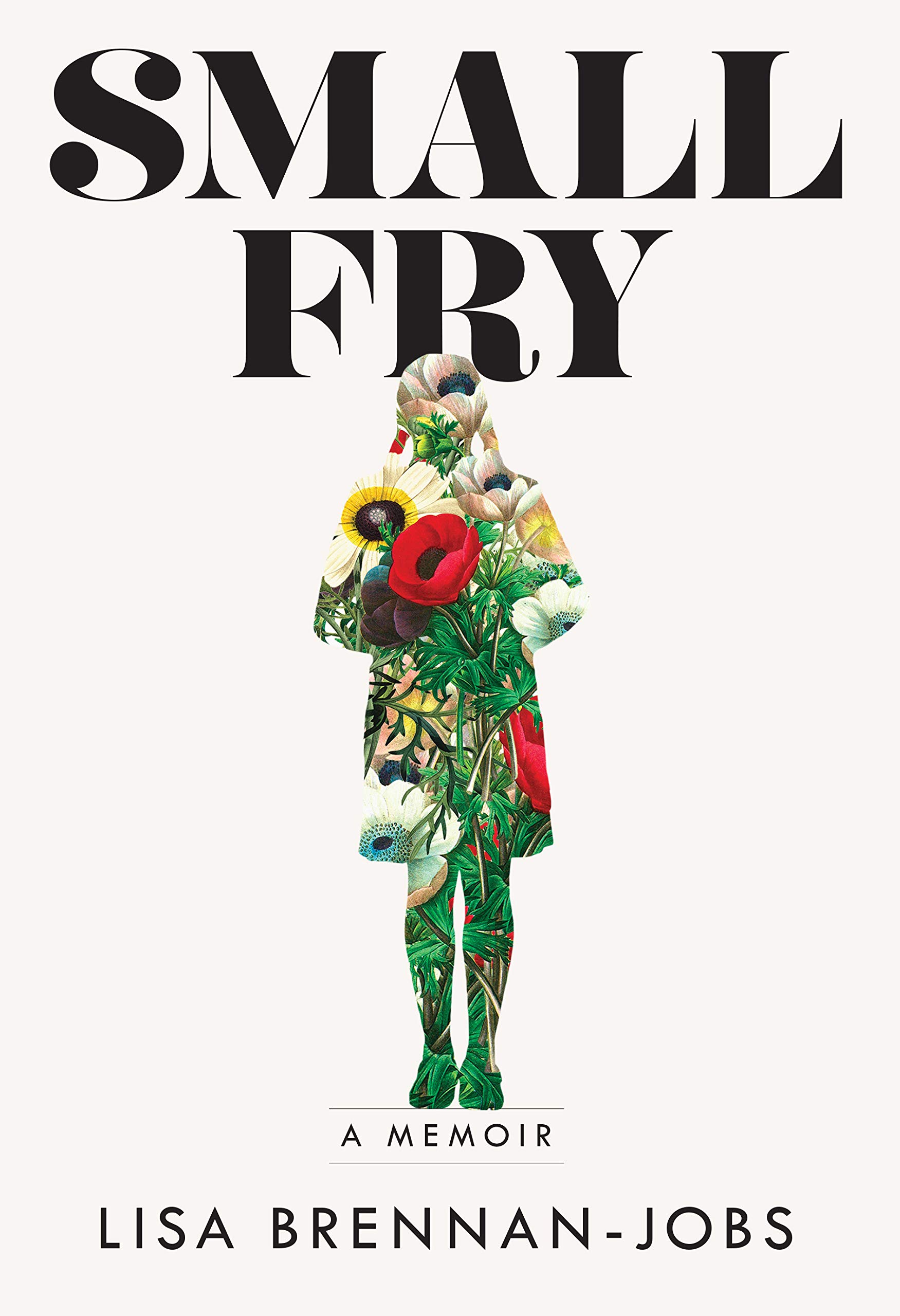
"In the fallen world of kiss-and-tell celebrity memoirs, this may be the most beautiful, literary, and devastating one ever written," said Melanie Thernstrom at The New York Times. Lisa Brennan-Jobs is the oldest daughter of Steve Jobs, who only belatedly, and incompletely, accepted her as his child. And the Apple co-founder comes off as almost monstrous. But the author is most focused on her own experience of a chaotic 1980s Palo Alto, California, childhood and its aftermath, and she depicts each scene as well as her inner landscape in "exquisitely granular detail." Steve Jobs famously denied being Lisa's father until a paternity test established otherwise, and he let Lisa and her mother live in poverty while he lived nearby amid the trappings of unimaginable wealth. But though we see him unable to ever tame his cruel streak, even after becoming a steady presence in Lisa's life, Small Fry is "in no way a lurid account out to settle scores," said John McMurtrie at the San Francisco Chronicle. Instead, it is "a loving, forgiving remembrance" by "a resilient, kindhearted, and wise woman who is at peace with her past — a child any parent could be proud of."
4. The Library Book by Susan Orlean (Simon & Schuster, $28)
A free daily email with the biggest news stories of the day – and the best features from TheWeek.com
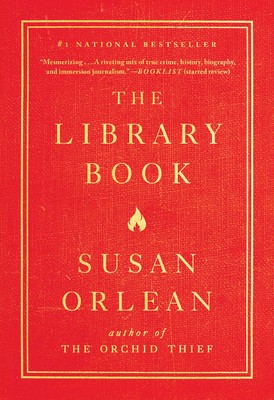
Susan Orlean's latest work is "every bookworm's dream read," said Ron Charles at The Washington Post. A wide-ranging, "terrifically engaging" tribute to libraries, it's anchored by an arson investigation and filled with characters and stories so unexpected, they "feel like they've been misshelved from the fantasy section." In 1986, a fire destroyed 400,000 books at the Los Angeles Central Library, and that greatest library tragedy in U.S. history becomes Orlean's excuse to introduce the eccentric who'd been the city's first librarian, a successor who walked from Ohio to L.A. to claim the post, and, of course, the handsome wannabe actor who claimed to have started the conflagration. Orlean's "brilliant, awful" description of the seven-hour fire itself feeds off her readers' sense that books are more precious than other objects, said Carolyn Kellogg at the Los Angeles Times. Orlean shares the feeling, but that doesn't fully explain how she was able to dig up a mystery everyone had forgotten and turn it into a page-turner that also offers the history of a city and an argument for the cultural role of libraries and librarians. "Curiosity is Susan Orlean's superpower."
5. How to Write an Autobiographical Novel by Alexander Chee (Mariner, $16)
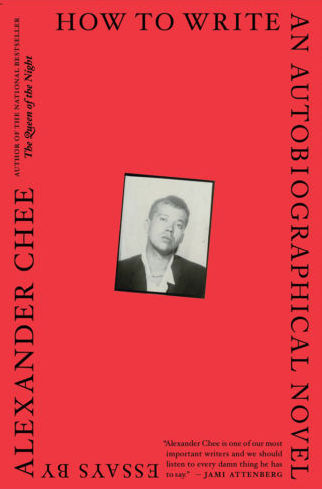
Don't judge Alexander Chee's outstanding new book by its title, said Marella Gayla at the Pittsburgh Post-Gazette. A collection of autobiographical essays organized in loose chronological order, it "breaks the rules of a 'how-to' in all the best ways." Together, the 16 essays map out a constellation of the 51-year-old novelist's many selves. We see him at 15 as a biracial exchange student in Mexico, reveling in his ability to blend in; as a young gay college graduate in San Francisco, falling in love during the AIDS epidemic; as a just-published novelist house-sitting an upscale Manhattan apartment. Again and again, Chee shows himself trying on a new mask, being forced to drop it, yet growing from the experience, said Fergus McIntosh at The New Yorker. In three essays near the end, he writes of a more indelible invention: Edinburgh, his acclaimed 2001 autobiographical novel about a boy sexually abused by his choir director. Once again, wearing a mask was a way to come to terms with a part of himself. Better yet, "examining the unspeakable allowed Chee to exorcise it."
Our top-five lists were created by tallying and weighting the rankings of more than 20 other print and online sources, including AV Club, the Chicago Tribune, The Economist, Entertainment Weekly, the Financial Times, The New Yorker, The New York Times, People, Slate, Time, The Wall Street Journal, and The Washington Post.
-
 The ‘ravenous’ demand for Cornish minerals
The ‘ravenous’ demand for Cornish mineralsUnder the Radar Growing need for critical minerals to power tech has intensified ‘appetite’ for lithium, which could be a ‘huge boon’ for local economy
-
 Why are election experts taking Trump’s midterm threats seriously?
Why are election experts taking Trump’s midterm threats seriously?IN THE SPOTLIGHT As the president muses about polling place deployments and a centralized electoral system aimed at one-party control, lawmakers are taking this administration at its word
-
 ‘Restaurateurs have become millionaires’
‘Restaurateurs have become millionaires’Instant Opinion Opinion, comment and editorials of the day